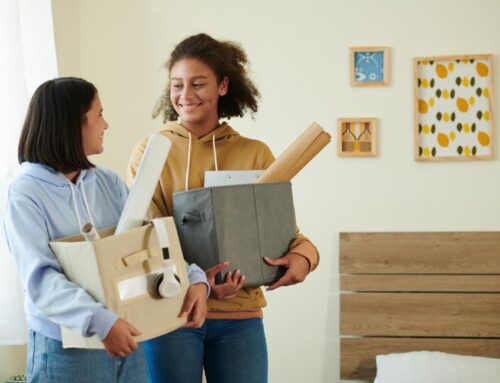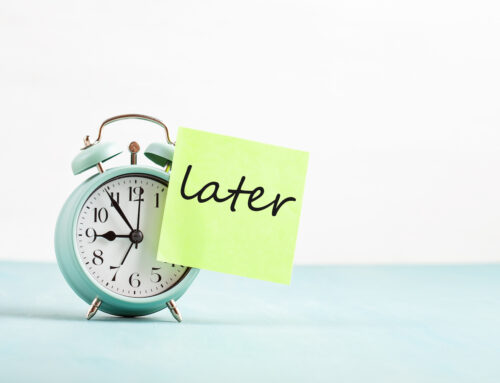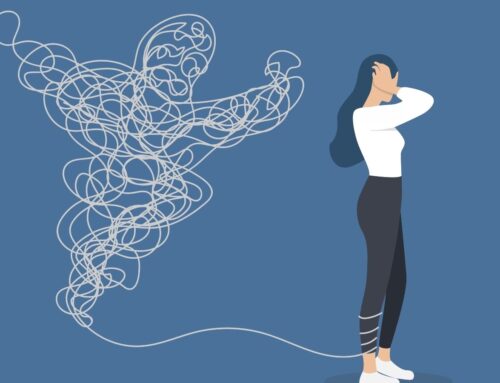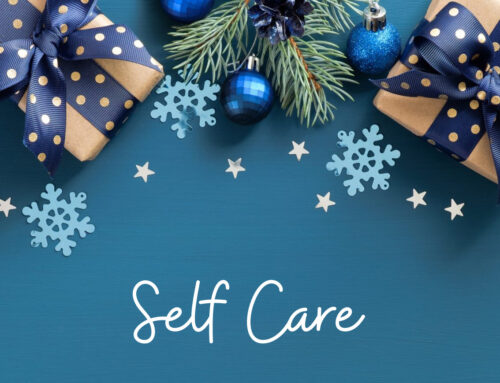By: Caroline Spearman PsyD., BCN & Madison DeLeon B.S., BCN, QEEG-T
Quarantine is a scary word. It may bring up feelings of anxiety, isolation, and lack of control. This can be an especially frightening time for individuals with disordered eating. To make matters more difficult, the news is filled with stories of people “stocking up” on food and household items. This can trigger feelings of food scarcity and anxiety. If you have other health concerns, you may be worried about getting the adequate nutrition you need to protect your immunity. It is challenging to know what amount of food you need, if you should buy more, and how to space out your meals throughout the day when your routine is disrupted.
Here are 7 ways to help maintain your recovery in quarantine:
1. Wash your hands frequently and thoroughly before and after preparing meals. Washing your hands can be a mindful activity. Think about the cleansing feeling of the soapy water. Take this moment to check in with yourself and your feelings of hunger or satisfied nutrition.
2. Continue to eat at the times you normally would eat at work. If your kids are home, feed them at the same time they eat at school. Help your body stay on its natural schedule in this way.
3. Schedule your day. Set blocks of time to do work from home (if that applies to you), practice a hobby, exercise, read, cook, or nap.
4. Put the “social” in social distancing. Just because you’re in isolation, doesn’t mean you can’t talk to your loved ones! Call a friend, video chat a grandparent, join an online forum, or even a text are all ways to keep yourself from feeling isolated.
5. Take time to go outside. Even if you’re just going out on the porch, a breath of fresh air can ease feelings of anxiety and help you feel more at one with nature.
6. Talk to a therapist. If you’re really struggling with mental health symptoms, or feel you are in danger of relapsing, try online therapy. There are therapists available to speak to you and help you through your negative emotions.
7. Join an online meeting. National Eating Disorders Association (NEDA) has a ton of resources on their website, including online meetings! https://www.nationaleatingdisorders.org/
High-stress situations can make emotions run high, and eating is emotional! It’s okay to feel like you need support in this time of crisis. Georgetown Psychology is here to help with online and resources you can trust. For more information, please visit our website at https://www.georgetownpsychology.com or through our social media platforms:
Facebook: Georgetown Psychology
Instagram: @GeorgetownPsychology
Twitter: @GeorgetownPsych






